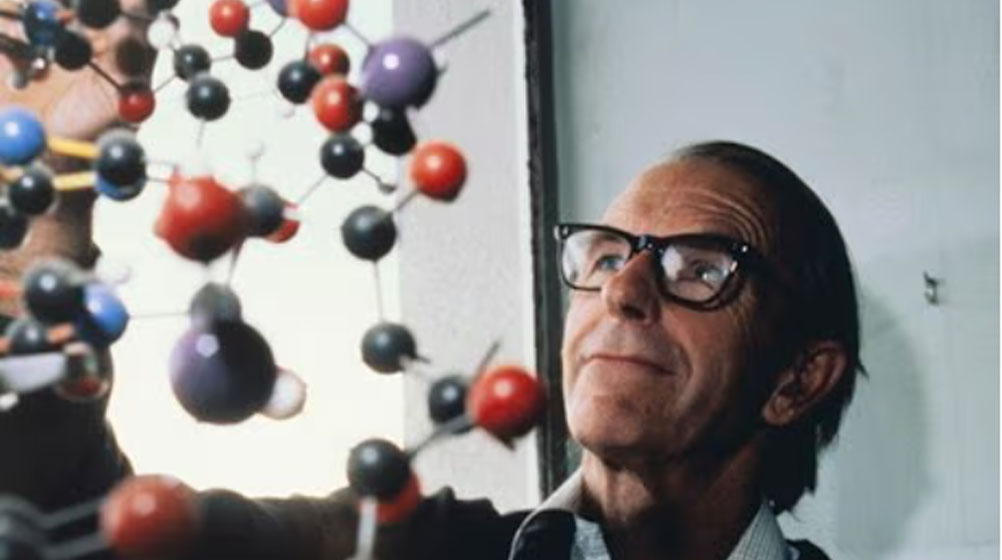8. Frederick Sanger (13 August 1918 — 19 November 2013)

Frederick Sanger, a pioneering British biochemist, made groundbreaking contributions to the fields of biochemistry and molecular biology, earning him two Nobel Prizes in Chemistry. Sanger first gained recognition in 1958 for his work in sequencing insulin, which demonstrated that proteins have specific amino acid sequences. This was a crucial discovery that deepened our understanding of protein structure and function. His second Nobel Prize in 1980 was awarded for developing the dideoxy chain-termination method for DNA sequencing, commonly known as Sanger sequencing, a technique that revolutionized molecular biology by making it possible to sequence DNA with precision. This method laid the foundation for the Human Genome Project and has since become a cornerstone of genetic research.
Sanger’s contributions have profoundly shaped modern biomedical science, particularly in the areas of genomics and proteomics. His work confirmed the genetic code and led to discoveries about mitochondrial DNA and overlapping genes. Known as the "father of genomics," Sanger’s methods continue to influence studies on the sequences, structures, and functions of proteins and enzymes. Despite his monumental achievements, Sanger was known for his humility and dedication, spending much of his career at Cambridge's Medical Research Council Laboratory of Molecular Biology. His scientific legacy remains a guiding light for generations of researchers, inspiring new discoveries in molecular biology and biotechnology.
For enquiries info@jothydev.net.
Please visit: jothydev.net | research.jothydev.com | diabscreenkerala.net | jothydev.com/newsletter




